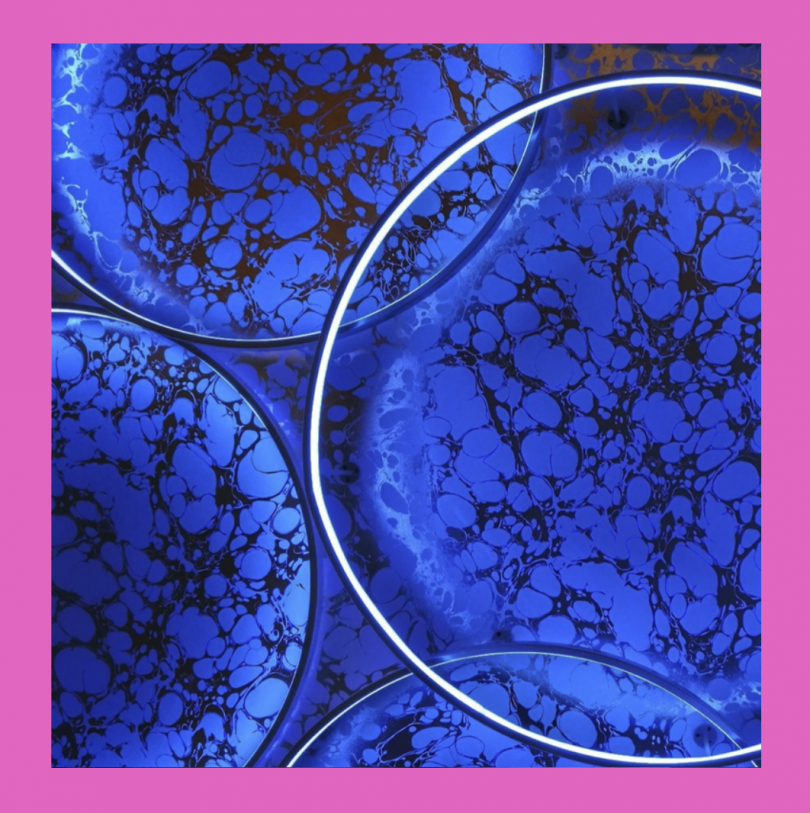Glycation would produce endocrine disruptors. (1)
Disastrous consequences for public health.
Alteration of stem cells: an unexpected effect of glycation? (2)
The tremendous hope generated by regenerative medicine could be hampered by the glycation of stem cells.
Shortened longevity: glycation would participate in the reduction of telomeres. (3)
Telomeres, DNA structures known to govern cell longevity, are believed to be weakened by glycation.
Glycation and Aging: The Epigenetics Time Bomb. (4)
Glycation is promoted by genetic and behavioral factors. Its mechanisms and consequences, cellular aging and diseases associated with aging, could be transmitted to future generations by epigenetic means.
This selection of recent articles shows the interest of the scientific community in glycation and suggests the hopes that the fight against glycation can bring in the management of aging.
© AGE BREAKER 04 2021
[Glycation is one of the major causes of aging. Resulting from the fixation of sugars on the proteins constituting the organism, glycation generates toxic compounds that cause cellular aging. Glycation is particularly involved in metabolic disorders, skin aging and cognitive decline.] [AGE BREAKER, patented nutritional supplements, based on rosmarinic acid, recognized by aging specialists around the world for their properties to reverse the effects of glycation.]
More on www.agebreaker.com
#agebreaker #glycation
(1): Guna Ravichandran et al. Food advanced glycation end products as potential endocrine disruptors: An emerging threat to contemporary and future generation. Environment International, volume 123, February 2019, pages 486-500. Doi.org/10.1016/j.envint.2018.12.032
(2): Lize Evens et al. The Impact of Advanced Glycation End-Products (AGEs) on Proliferation and Apoptosis of Primary Stem Cells: A Systematic Review. Stem Cells Int. 2020. Published online 2020 Nov 14. doi: 10.1155/2020/8886612
(3): P. Deo et al. Advanced glycation end-products accelerate telomere attrition and increase pro-inflammatory mediators in human WIL2-NS cells.
Mutagenesis, 2020 Jul 11;35(3):291-297. doi: 10.1093/mutage/geaa012.
(4): Anna Perrone et al. Advanced Glycation End Products (AGEs): Biochemistry, Signaling, Analytical Methods, and Epigenetic Effects. Oxidative medicine and cellular longevity. Published online 2020 Mar 18. doi: 10.1155/2020/3818196









